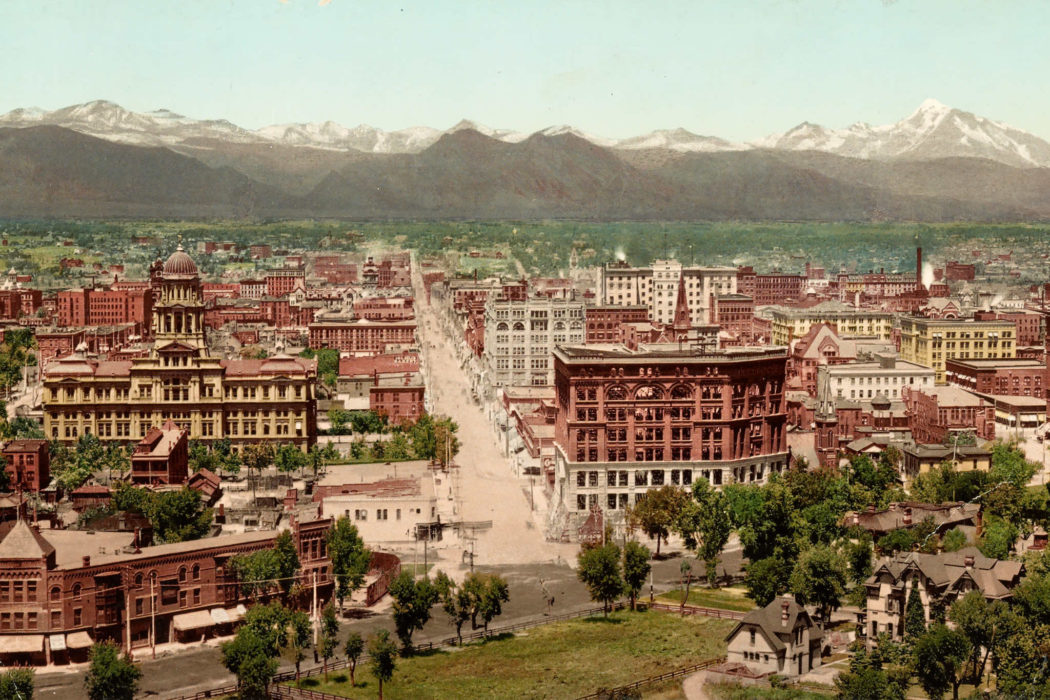“ONE DAY IN CALIFORNIA I saw a cardinal walking with pomp and ceremony in front of a procession,” ‘Abdu’l-Bahá told an audience in Denver on October 29, 1912. “I was told that a new church had been built and the cardinal was to officially open its doors to the public.” We don’t know precisely who the cardinal was, but ‘Abdu’l-Bahá’s secretary, Mahmúd-i-Zarqání, wrote that this Catholic leader had previously singled out ‘Abdu’l-Bahá as a false Christ. ‘Abdu’l-Bahá decided to juxtapose the life of this religious leader with that of Jesus.
“This show and ceremony of the cardinal is like that of Christ,” ‘Abdu’l-Bahá said. “However, there is a slight difference.” He began to enumerate the elements of this disparity. “Christ had a crowd following Him, but they were there to hurl contempt and abuse at Him. This cardinal had a crowd with him but they are there to help. Christ had a crown but it was made of thorns, while this cardinal wears a crown set with lustrous jewels. Christ had clothes but they were made of old, coarse cloth, while this man’s robe is made of the finest brocade of the day. Christ spent His days in sorrow, while this cardinal’s days are spent in security and comfort.”
‘Abdu’l-Bahá had argued to audiences across America that self-sacrifice had driven the progress of humanity down the ages. When he spoke with Bahá’ís — followers of his father’s religion — he was uncompromising in the standard of conduct that he expected from them, often holding up Jesus’s Apostles as their example. “I am expecting results from this visit,” he told a group of Bahá’ís at the Hotel Victoria in Boston on July 25, “and hope that my coming may not be fruitless. The results I expect are these: that the individual soul shall be released from self and desire.” He told them to replace “avarice, envy, love of luxury and comfort, haughtiness and self-desire” with resolute self-sacrifice.

‘Abdu’l-Bahá’s father, Bahá’u’lláh, had written a similar message to Pope Pius IX forty years earlier. “Sell all the embellished ornaments thou dost possess,” he told the Pope, “and expend them in the path of God.” “Should anyone offer thee all the treasures of the earth, refuse to even glance upon them. Be as thy Lord hath been.”
In Denver, ‘Abdu’l-Bahá turned the same lens on this particular cardinal: “Christ’s home was a desert,” he said, “while this cardinal’s home is a splendid building, like that of a king. Christ’s throne was upon a cross, while this man’s place of rest is a throne of ease and comfort. The adornment of Christ’s banquet was the blood of that beloved countenance, while the ornament of this man’s court is the goblet of colored wine.”
‘Abdu’l-Bahá concluded with a humorous touch. “This cardinal’s display is similar to that of Christ,” he said, “with only the slightest differences.”






